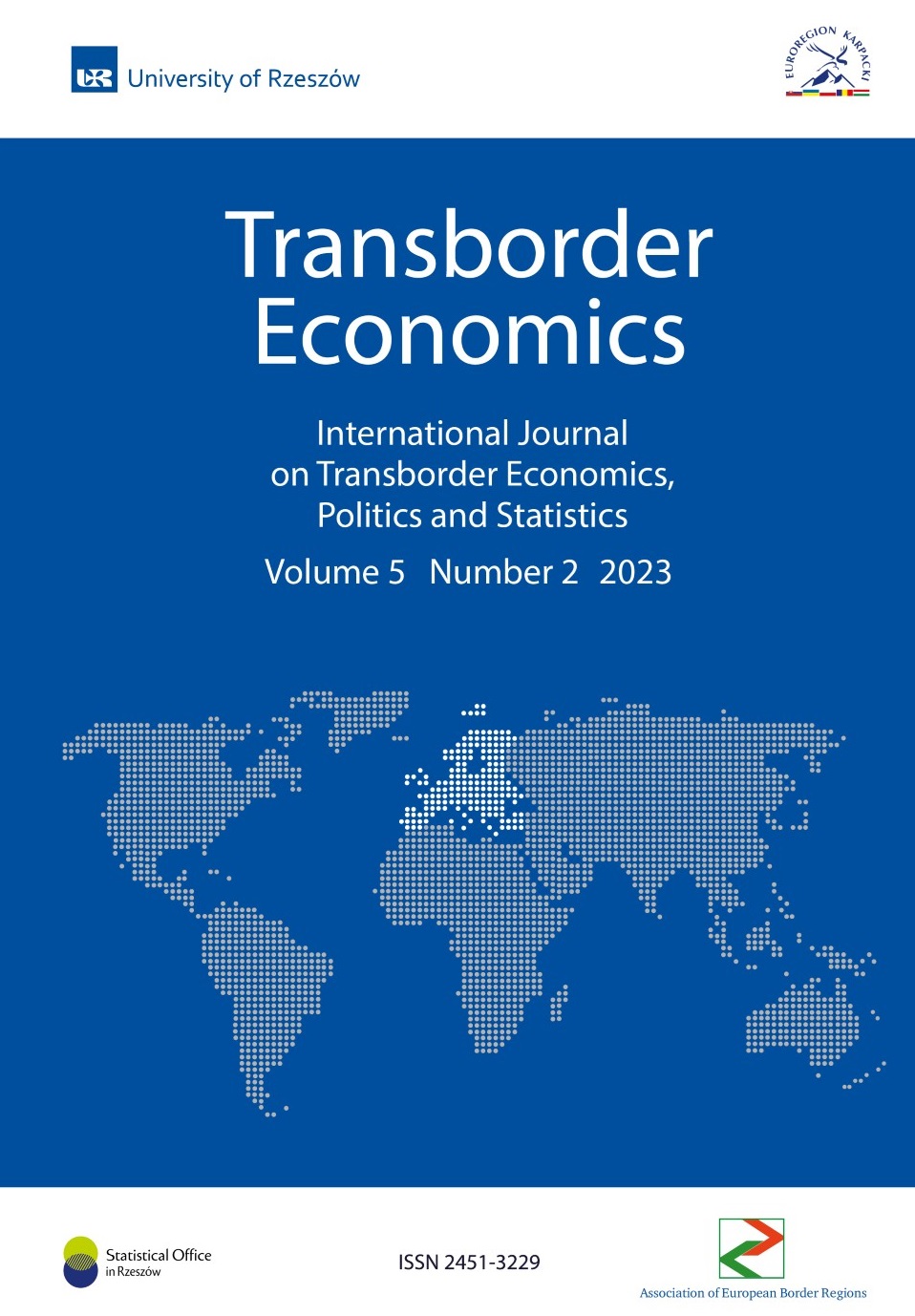Defending Digital Dialogues: Legal Insights on Breach of Freedom of Expression
Słowa kluczowe:
freedom of expression, free media, internet and user-generated content, global agreements on freedom of expression, derivative rights, violations of freedom of expression, website access restrictions, digital age, court casesAbstrakt
This article addresses key aspects of the fundamental human right of expression, particularly within the context of the internet as a contemporary platform for unrestricted opinions. Emphasizing the continuity of rights both online and offline, as highlighted in the 2012 UNHCR Resolution, the study explores the global legal framework supporting freedom of opinion and expression, such as Article 19 of the Universal Declaration of Human Rights and the International Covenant on Civil and Political Rights. From these, derivative rights emerge, including the freedom to change opinions and the unrestricted seeking and receiving of information, subject to specific conditions.
Global agreements recognize limitations on expression under well-defined circumstances, necessitating a three-part cumulative test involving clear legal provisions. Paper identifies various violations within this framework, ranging from attacks on individuals to overly restrictive legislative measures, emphasizing the concerning trend of blocking website access.
Examining pertinent cases, including Ahmet Yildrim v. Turkey and Kalda v. Estonia, the study underlines court rulings affirming freedom of expression. Recommendations for enhancing online expression encompass support for remote infrastructure, enforcement of anti-monopoly rules, simplified business setup, avoidance of internet kill-switch, and provision of privacy protections.
Recognizing the novelty of the subject, with less than three decades since the advent of email and the World Wide Web, ongoing debate and scrutiny remain crucial. The paper concludes by underscoring the evolving nature of the discourse surrounding free expression in the digital age.
Downloads
Pobrania
Opublikowane
Jak cytować
Numer
Dział
Licencja
Prawa autorskie (c) 2023 TRANSBORDER ECONOMICS. International Journal on Transborder Economics, Finance, Politics and Statistics

Utwór dostępny jest na licencji Creative Commons Uznanie autorstwa – Użycie niekomercyjne – Bez utworów zależnych 4.0 Międzynarodowe.


